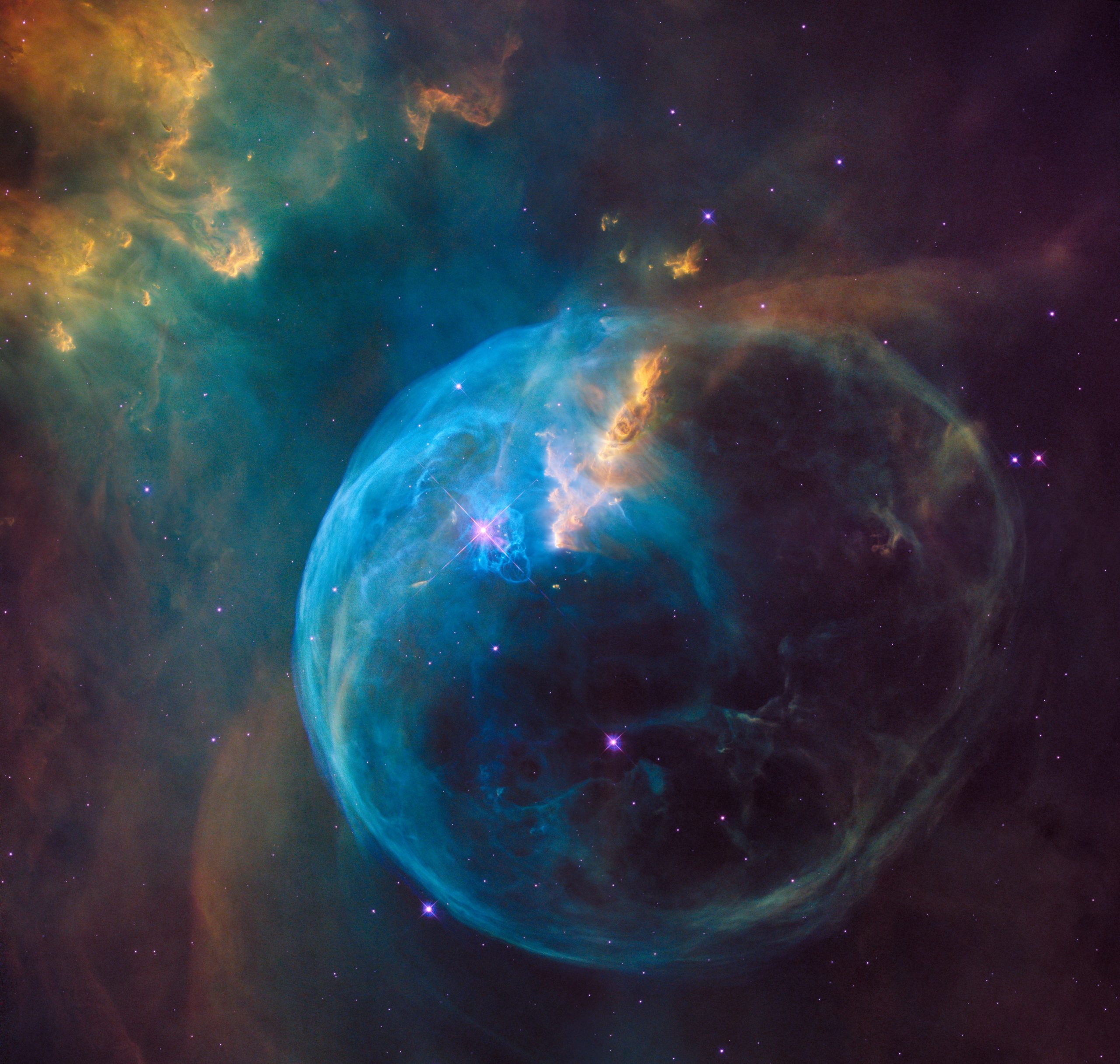Does the Moon Affect Women’s Periods?
Throughout history, humans have been fascinated by the moon and its perceived influence on various aspects of life. One curious belief that has been passed down through generations is the notion that the moon may affect women’s menstrual cycles. But is there any scientific basis to support this claim, or is it merely a myth? In this blog post, we will delve into the research to explore the potential connection between the moon and women’s periods.
The Lunar Cycle and Menstrual Cycle
To understand the possible relationship between the moon and women’s periods, it is essential to first examine the lunar cycle and the menstrual cycle.
The lunar cycle, which spans approximately 29.5 days, represents the time it takes for the moon to complete one orbit around the Earth. This cycle consists of different phases, including the new moon, first quarter, full moon, and last quarter.
On the other hand, the menstrual cycle is the hormonal cycle that prepares a woman’s body for potential pregnancy each month. It typically lasts between 21 and 35 days, with an average of 28 days. The menstrual cycle can be divided into a few key phases, namely menstruation, the follicular phase, ovulation, and the luteal phase.
Given that both cycles have a comparable duration, some propose that they might be interconnected. Let’s examine the different theories and scientific evidence surrounding this topic.
Theories and Beliefs
Strong Ties to Ancient Beliefs
Notions of the moon’s influence on women’s periods have long been present in folklore and ancient beliefs. Many traditional cultures believed that the moon had the power to affect various aspects of human life, including fertility.
For instance, ancient Romans associated the moon with Luna, the goddess of childbirth. Lunar deities were also prevalent in ancient Greek, Egyptian, and Celtic cultures. These beliefs shape the foundation for some modern theories regarding the moon’s influence on menstrual cycles.
Synchrony with Lunar Phases
One hypothesis suggests that women’s menstrual cycles align with the lunar phases. Some argue that women with shorter cycles are more likely to menstruate during the new moon, while those with longer cycles could experience their periods during the full moon.
This hypothesis is based on the idea that the gravitational pull of the moon affects the fluids in a woman’s body, similarly to how it creates tides in the ocean. However, no scientific evidence has conclusively proven this theory, and many studies have yielded conflicting results.
The Scientific Evidence
Studies with Conflicting Results
Several studies have been conducted to examine the potential connection between the moon and women’s periods. However, the results have been far from consistent.
One study published in the American Journal of Obstetrics and Gynecology in 1980 found no correlation between the lunar cycle and women’s menstrual cycles. Similarly, a review of multiple studies that was published in the same journal in 1996 concluded that there was no solid evidence to support the moon’s impact on menstruation.
In contrast, a study published in the journal Acta Obstetricia et Gynecologica Scandinavica in 2013 found a weak association between the lunar cycle and the onset of menstruation in a small sample of participants. However, the study did not establish any causal relationship and recommended further research to confirm these findings.
Biological Rhythms and Synchronization
While conclusive evidence regarding the moon’s effect on women’s menstrual cycles is lacking, there is a broader field of study that explores the influence of external factors on biological rhythms.
Research has shown that environmental factors, such as light exposure, can affect the timing and regularity of a woman’s menstrual cycle. Light is known to influence the secretion of hormones like melatonin and serotonin, which play a crucial role in regulating the menstrual cycle.
Similarly, hormonal changes during the menstrual cycle can affect sleep patterns, mood, and energy levels. These changes, along with other external factors, may indirectly influence a woman’s susceptibility to environmental cues like moon phases.
The Bottom Line
While the idea of the moon influencing women’s menstrual cycles is intriguing, the scientific evidence is inconclusive. Many studies have failed to establish a significant correlation between the lunar cycle and menstruation, indicating that the belief may be more rooted in tradition and folklore rather than sound scientific evidence.
It is crucial to remember that every woman’s menstrual cycle is unique and can be influenced by various factors, such as stress, nutrition, physical activity, and underlying health conditions. Women should focus on understanding their own bodies rather than relying on external factors like the moon to predict or explain their menstrual cycles.
As scientific knowledge continues to advance, there may be further research on this topic. Until then, let’s appreciate the beauty of the moon and its cultural significance without attributing it to our menstrual cycles.
Table of Contents
